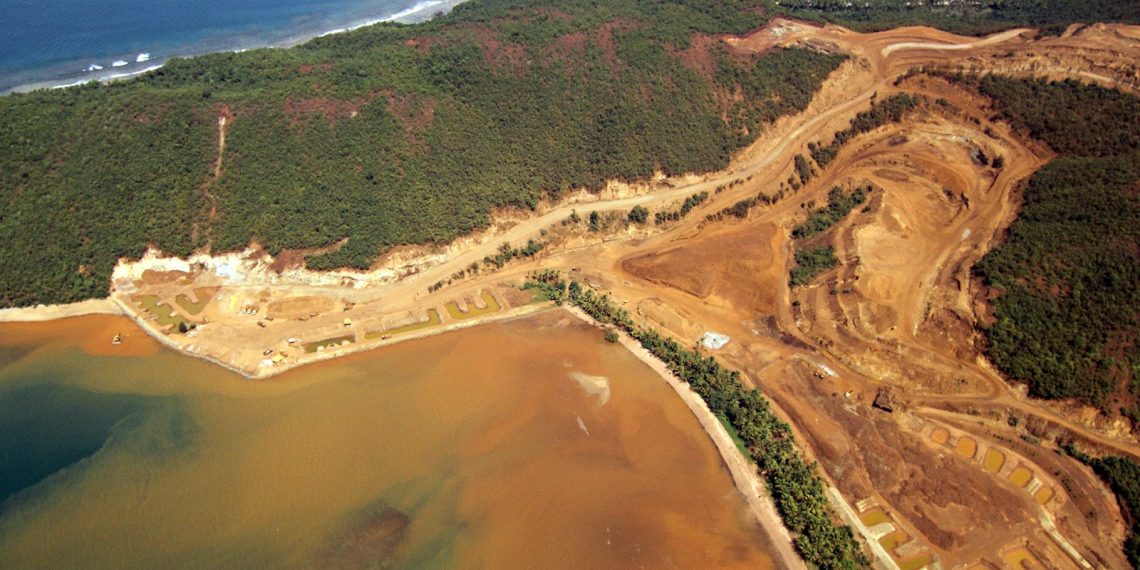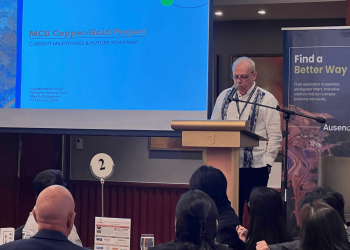Finance Secretary Benjamin Diokno expressed confidence in the government’s impending implementation of a new mining fiscal regime next year.
During a session at the 2023 United Nations Climate Change Conference (COP28) in Dubai on December 1, 2023, organized by the World Bank Group (WBG), Diokno highlighted the commitment to enforce the new mining fiscal regime, citing the Philippines’ significant role as a leading exporter of nickel and an upcoming major producer of copper worldwide.
In a report by the Manila Standard, Diokno noted a considerable interest among investors in the Philippines’ mining sector.
The government’s strategy involves advancing the development of the mining industry, among other key sectors, to bolster economic growth post-pandemic. Alongside mining, the administration has prioritized sectors like agriculture and tourism to drive recovery efforts.
Diokno also emphasized the country’s fiscal and economic strategies to combat climate change.
Acknowledging the necessity for significant climate-resilient investments to expedite the shift towards a low-carbon economy, he highlighted pivotal reforms enabling the attraction of sustainable investments.
The Philippines unveiled its Sustainable Finance Framework in 2022, delineating plans to raise funds through green, social, or sustainability bonds, loans, and other debt instruments on the global financial market.
The Department of Finance, through the Inter-Agency Task Force on Sustainable Finance (ITSF), known as “Green Force,” is actively crafting an ecosystem for sustainable finance, fostering collaboration between the public and private sectors.
Previously, Diokno, under the Marcos administration, outlined plans to streamline the mining tax framework, aiming to enhance the country’s competitiveness in the global market. The proposal, undergoing discussions in Congress, seeks to simplify and unify mining policies, aiming for a more competitive tax structure comparable to other nations.
The Bangko Sentral ng Pilipinas (BSP) and other financial regulatory bodies are formulating principles-based Sustainable Finance Taxonomy Guidelines (SFTG), which will serve as a tool to evaluate the environmental or social sustainability of economic activities, channeling private sector investments towards climate change adaptation and mitigation initiatives (CCAM).














